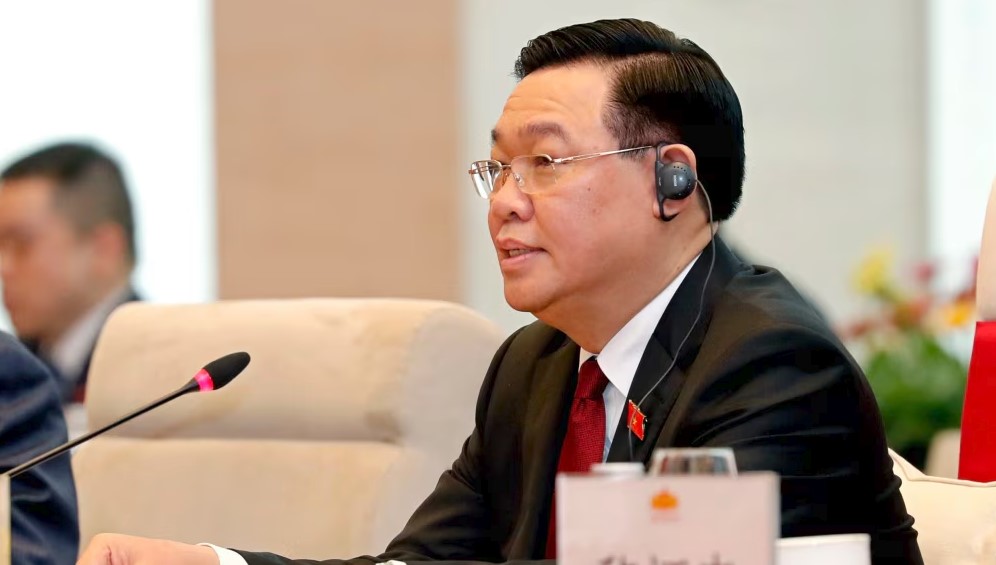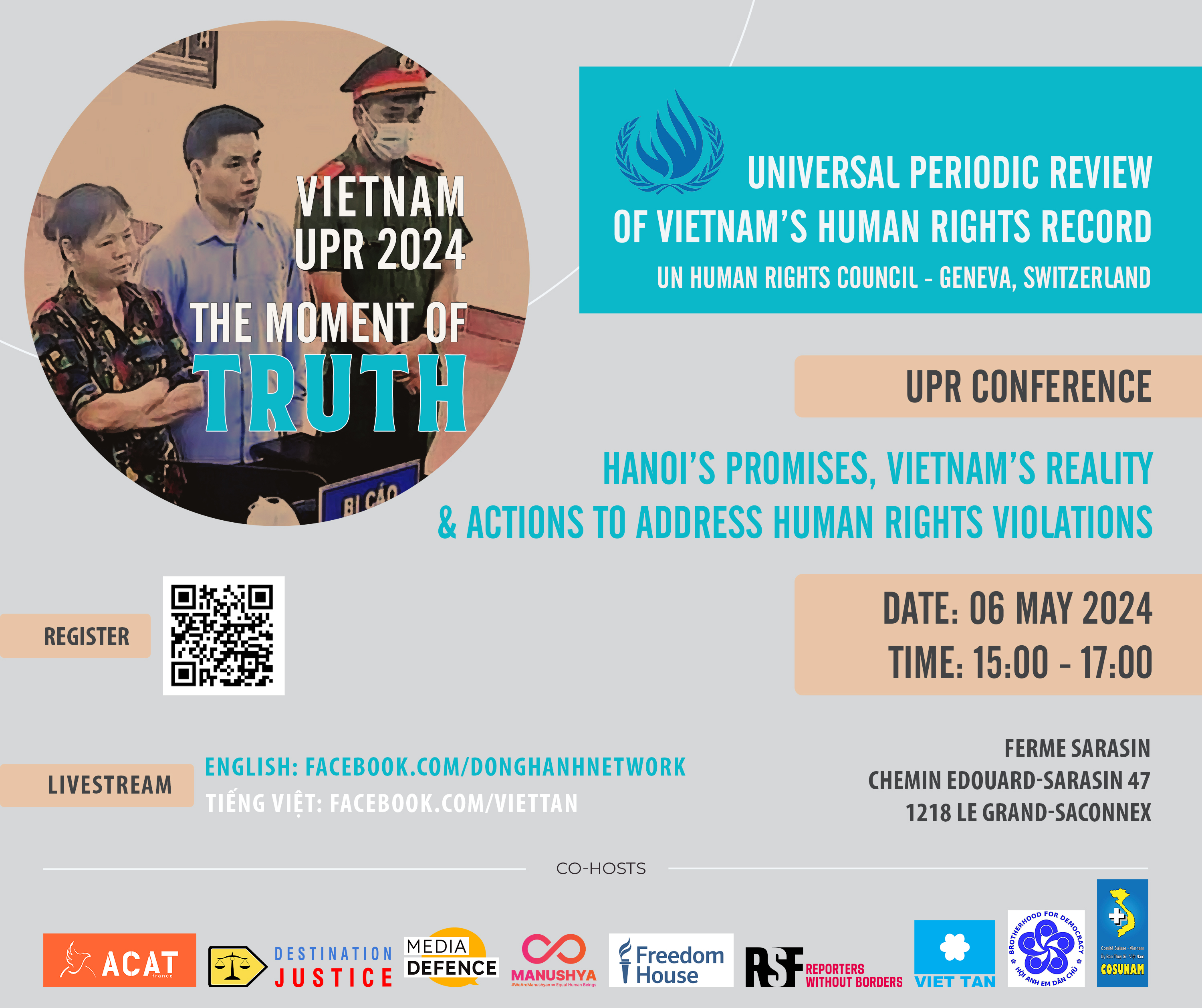October 3, 2011
The Arab Spring protests that toppled authoritarian regimes in the Middle East reverberated throughout Asia, too, although not with the same dramatic results. That doesn’t mean, however, that the region’s democracy movements aren’t still thriving. Dan Hoang, international spokesman for Vietnam’s pro-democracy Viet Tan Party, stopped by the Journal’s headquarters recently to update Political Diary on that country’s progress.
“If you go back in the history of Vietnam’s dissident movements, 10 or 20 years ago, the dissidents tended to be fairly old,” Mr. Hoang says. “But now the people speaking out tend to be younger professionals, bloggers, kids on Facebook . . . so the nature of dissidents has changed — it’s much more grassroots.” Mr. Hoang notes that despite Hanoi’s increasingly harsh crackdowns on freedom of speech, religion and assembly over the past “few years,” the pro-democracy movement is “still growing.”
That’s a remarkable trend, given the risks dissidents face inside Vietnam. Two weeks ago, 14 U.S. Members of Congress sent a letter to U.S. Ambassador to Vietnam David Shear, asking him to call attention to, among other things, Hanoi’s “hundreds of political and religious prisoners.” They include a Roman Catholic priest, Father Nguyen Van Ly, who is serving a prison sentence for political dissent; Cu Huy Ha Va, a legal activist jailed earlier this year for propagandizing against the state; and Le Cong Dinh, an American-educated human-rights lawyer also convicted of propagandizing.
Mr. Hoang says the Obama administration didn’t pay much attention Vietnam at the beginning of its term but now is starting to see the country as a “bulwark against China” and making efforts to strengthen military relations. That’s a positive development, says Mr. Hoang, but to have “a good economic environment” and a “stable security relationship” in the long run, he adds, “you have to have a liberal, free society.” Vietnam just isn’t there yet.
— Mary Kissel





